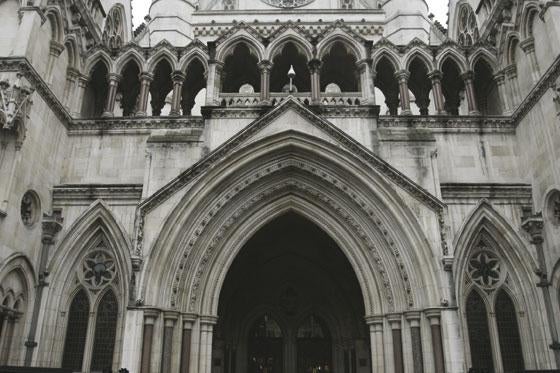
Major reforms of the libel laws which will see would-be claimants having to show that they have suffered serious harm to their reputations – or are likely to do so – before they can take a defamation case forward are unveiled in a new Defamation Bill today.
The Bill, promised in the Queen’s Speech on Tuesday, follows a long campaign for reform by critics of the current defamation laws, who have argued that they are weighted too heavily in favour of claimants and have a chilling effect on freedom of speech.
Among other reforms, the Bill would introduce a single publication rule, so that the one-year limitation period in which a libel action can be brought would run from the date of the first publication of material, even if the same article is subsequently published on a website on a later date.
The reform is intended to end the current situation, dating from a case in 1849 involving the wildly eccentric Duke of Brunswick, by which material in newspapers’ online archives – and on other websites – is regarded as being re-published every time it is downloaded, which in effect leaves the archive operator with a limitless risk of being sued.
The Bill will also replace the current common law defences of justification and honest comment with new statutory defences of Truth and Honest Opinion.
The so-called Reynolds defence of responsible journalism published in the public interest also gets statutory recognition, as Responsible Publication on a Matter of Public Interest.
Website operators will receive extra protection, with a special defence if they can show that they did not post the statement in question in a libel case on to a website.
But they will lose the defence is a claimant can show that he or she cannot identify the person who posted the material, has given the operator a notice of complaint over the statement, and that the operator has failed to respond properly to the notice of complaint.
The Bill will also extend privilege to peer-reviewed articles in scientific and academic journals – campaigners for libel reform have long complained that many articles have been dropped by such publications because of the threat of libel actions, which they say has had a chilling effect on scientific and academic debate.
It also aims to restrict so-called “libel tourism” by reforming the law so that the courts in England and Wales do not have jurisdiction to handle defamation cases brought against people who do not live in the UK or a European Union member state unless “England and Wales is clearly the most appropriate place in which to bring an action”.
The presumption that defamation trials will be held with a jury will also be abolished.
But the Bill will also give courts the power to order a losing defendant in a defamation case to publish a summary of its judgment, with the wording to be agreed between the parties, or settled by the court if no agreement can be reached.
The absolute privilege for reports of court proceedings will also be extended, to cover reports of any international court or tribunal established by the Security Council of the United Nations or by an international agreement, such as the International Criminal Court.
Qualified privilege is extended under the Bill to coverage of “proceedings at a press conference held anywhere in the world for the discussion of a matter of public interest”.
Jo Glanville, editor of Index on censorship, one of the organisations which comprises thje Libel Reform Campoaign, said: “We’re delighted to see the publication of the Bill.
“It’s a significant step forward for the protection of freedom of expression in the UK but the battle’s not quite over. We’d like to see a more robust public interest defence and will continue to campaign on this, amongst other amendments to the Bill.”
Solicitor Caroline Kean, a defamation specialist and partner at law firm Wiggin LLP, said: “The Bill contains some good proposals, including the single publication rule (no need to worry about web archives) and a new privilege for peer-reviewed articles in scientific and academic journals.
“However with the removal of juries, the determination of whether something was in the public interest and had a defamatory meaning will be the sole preserve of conservative, white middle class judges. Hardly a culturally diverse group.”
She added: “If juries are to go, then there should be no obstacle for a judge to make an early determination on what the meaning of the words complained of are.
“This will save both parties preparing evidence to fight the case on multiple meanings and save substantial costs. To ensure this happens, we need to see a change to the civil procedure rules.”
Email pged@pressgazette.co.uk to point out mistakes, provide story tips or send in a letter for publication on our "Letters Page" blog
